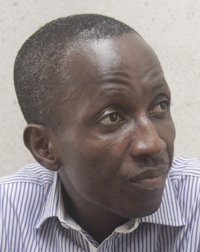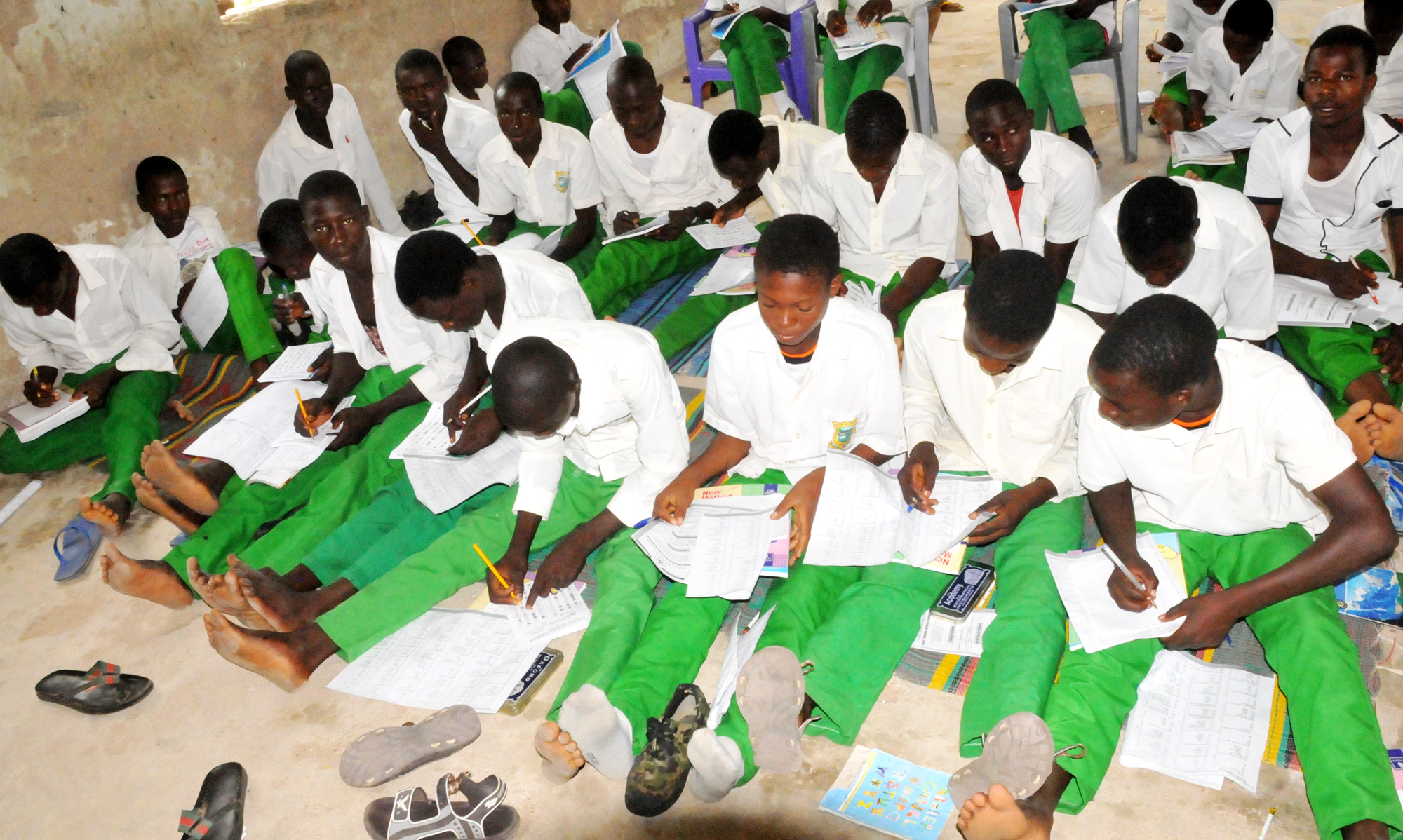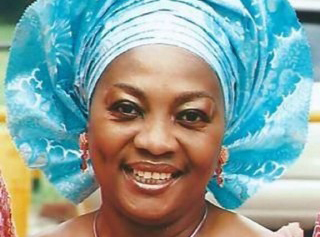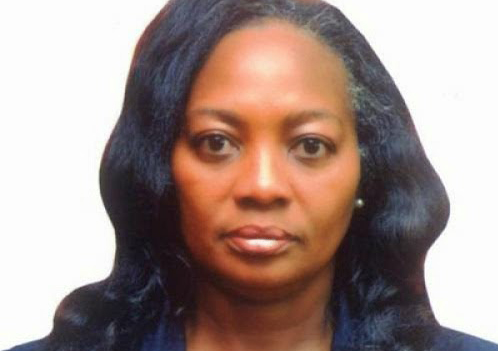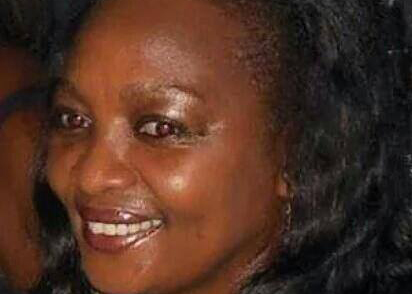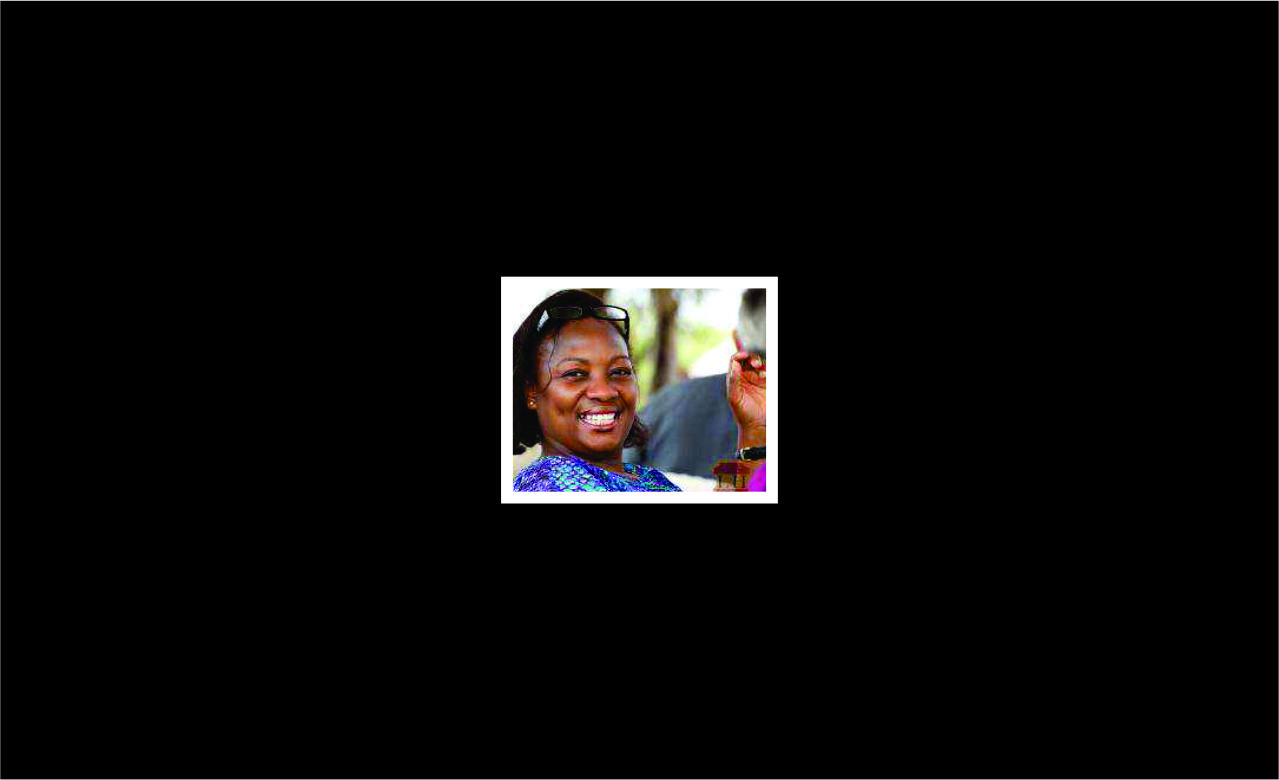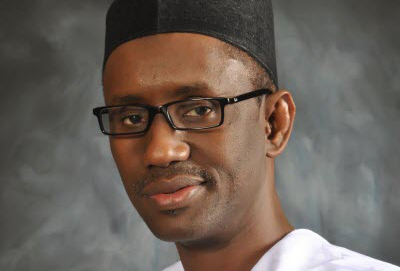There is a greater problem assailing us in our country currently. This is neither the ebola virus disease nor our corrupt politicians who keep changing parties like baby diapers. It is our growing illiteracy rate and nowhere is this exemplified than the latest results released by the West African Examination Councils (WAEC). The Council’s flagship examinations held in May this year revealed a lot of what is wrong with the educational sector in Nigeria.
Last month, this column lamented that we are breeding illiterates in the way and manner our schools are being run and the number of out-of-school youth dotting the land. Sadly, the results released last week not only confirmed that illiterates are increasing exponentially, but that it would be a long while before we can reduce the production rate. Coming at a time when exam boards in United Kingdom just released A-level results – for those who know what A-level is – which show that university places will be filled at a record pace amid clearing competition in that country, we should be worried, very worried. Of course, we are not at par educational wise with UK, but our worries should stem from the fact that we are producing students who are largely going to be irrelevant globally.
Announcing the results last week, Charles Eguridu, the Head, National Office of WAEC, said 1,705,976 candidates registered for the May/June examinations while 1,692,435 sat for the examinations meaning 13,541 missed the examinations. While this is definitely not in the proportion of registered voters versus election day turn out, one still wonder at how students will register and fail to show up for examinations. For gender scholars, 929,075 candidates were male with 763,360 female again showing a disparity in the male-female ratio in our schools which in this case is nearly 200,000. Remember again, how I alluded to UNESCO figures in the July 14 article and how we have more girls out of schools than boys, particularly in secondary schools.
The crux of the matter, however, is that only 529, 425 candidates obtained credits in five subjects and above, including English Language and Mathematics. Yes, you read that correctly, only 31.28% of those who sat for May/June SSCE obtained five credits and above in the year of our Lord 2014! That’s not all, as this represents a decline in the number of those who obtained five credits and above when 2013 and 2012 results are considered. In 2013, the percentile was 36.57 while that of 2012 was 38.81. I read an interview Sunday Punch had with WAEC public relations officer, Yusuf Ari, who claimed that those who had less than five credits should not be considered failures. “Having three credits or not going to a university doesn’t make one a failure. We don’t consider those who got less than five credits, including English Language and Mathematics, as failures,” Mr. Ari said.
Advertisement
Thankfully he does not speak for the rest of us. We are not talking of using the SSCE results to gain admission to universities or polytechnics alone, but using it as a gauge of the quality of education our young people are getting these days. Is there any disaster greater than this when less than half of those who sat for final examinations in secondary schools obtained five credits and above? Everywhere you turn to, it is crystal clear that young people don’t want to read books but will rather play computer games or fiddle with mobile phones and all manner of electronic gadgets, which have reduced them to robots in our homes and schools. They prefer pinging or tweeting or facebooking to reading an Achebe or a Soyinka book. Ask them about Chukwuemeka Ike or T.M. Aluko or Flora Nwapa and they will gleefully tell you they don’t know. While we used to memorise mathematics formula, these days our children mostly commit lyrics of rap songs to memory. It is painful that despite the fact that information is at their fingertips courtesy numerous search engines, most are seriously under nourished in this information age.
It’s high time we forced our governments at all levels to show greater commitment to early child education. Most of our public schools are derelict and unfit for animals and yet we want to produce world-class scholars from such places. What about the quality of our teachers and teaching aids? Do something today. Ask your child or ward, “What are you reading?” and you will be shocked at the answer.
Advertisement
Views expressed by contributors are strictly personal and not of TheCable.
Add a comment
